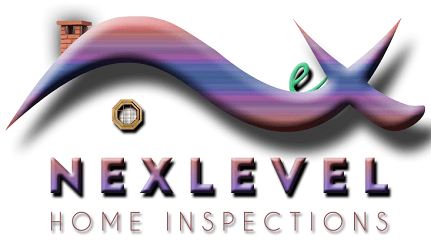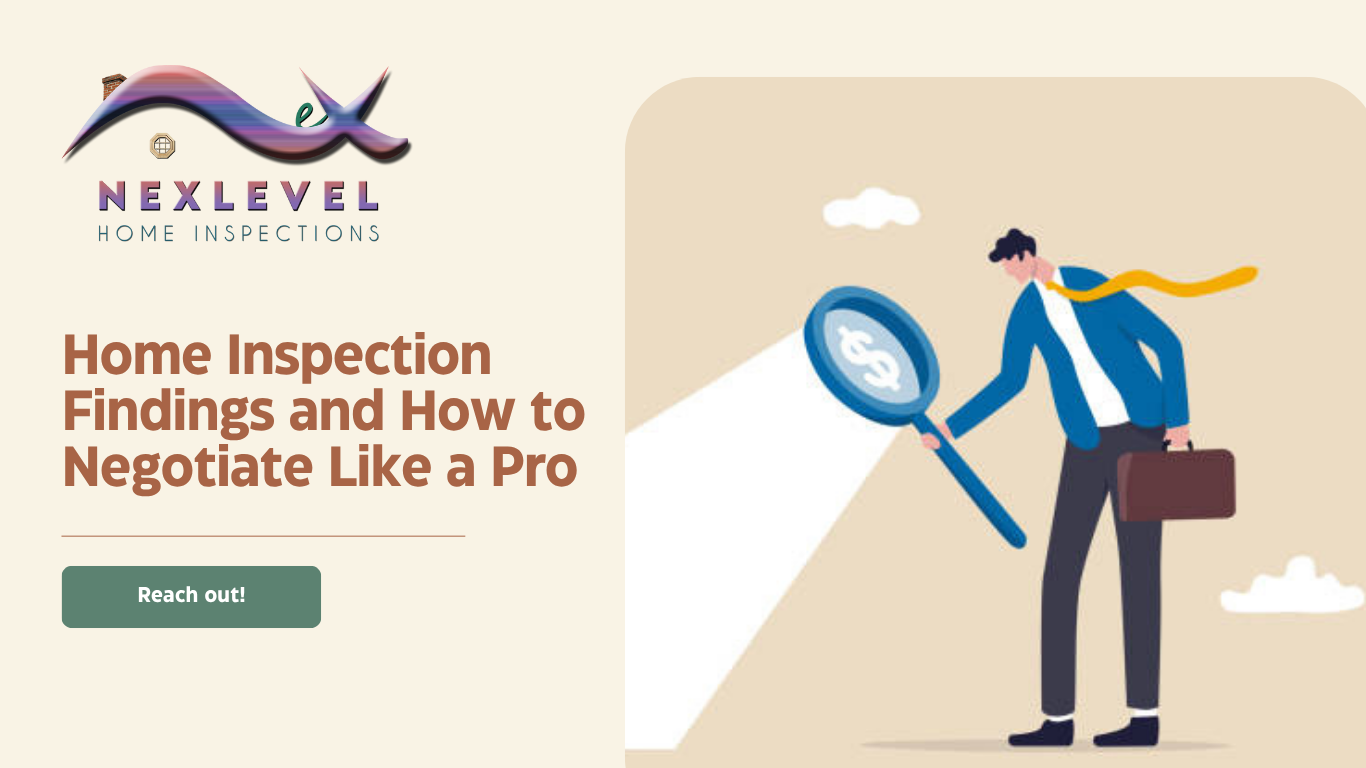Not all findings are deal-breakers. However, it’s important to understand which issues matter the most. Most inspection reports include a mix of safety concerns, structural issues, system problems, and routine maintenance.
1. Safety Hazards
-
Exposed or outdated wiring
-
Missing GFCI outlets near water sources
-
Mold or moisture problems
-
Asbestos, radon, or lead-based paint
-
Loose handrails or stairs
These are red flags and should be taken seriously.
2. Structural Issues
-
Foundation cracks
-
Roof damage or active leaks
-
Uneven or sagging floors
-
Cracked walls or ceilings
Structural problems can lead to expensive repairs if left unchecked.
3. HVAC, Electrical, and Plumbing Problems
-
Faulty furnaces or A/C units
-
Water heater nearing the end of its lifespan
-
Leaky pipes or corroded plumbing
-
Electrical panel issues or code violations
Major systems like heating, cooling, and plumbing affect your comfort and safety.
4. General Wear and Tear
-
Peeling paint or damaged siding
-
Minor cracks in walls
-
Dirty air filters or clogged gutters
-
Appliances not working
These are usually maintenance issues — not deal-breakers, but good to be aware of.
💬 How to Negotiate Repairs After a Home Inspection
Once the inspection report is in your hands, it’s time to decide your next move. Here’s how to approach the negotiation process:
✅ Step 1: Prioritize Major Issues
Focus on health, safety, and structural problems first. Cosmetic flaws or minor wear can often be fixed later without much cost.
🧾 Step 2: Decide What You Want
You have a few options:
-
Request repairs before closing
-
Ask for a price reduction or credit
-
Request seller concessions, like paying part of your closing costs
Work with your agent to decide which approach makes the most sense for your situation.
🛠️ Step 3: Get Repair Estimates
For major repairs like roofing or HVAC replacement, consider getting a quote from a licensed contractor. It adds credibility to your request.
📄 Step 4: Put It in Writing
Your agent will submit a formal Repair Addendum. Keep your tone professional and specific. For example:
“Buyer requests seller to repair the leaking roof over the living room using a licensed roofing contractor prior to closing.”
🤝 Step 5: Be Ready to Compromise
Negotiation is a two-way street. The seller may agree, counter, or refuse. Decide in advance what your non-negotiables are — and where you can be flexible.
🧠 Smart Negotiation Tips
-
Stick to the big stuff: Don’t lose a great home over small cosmetic fixes.
-
Use professional language and stay respectful.
-
Be realistic — no home is perfect.
-
Think long-term: Will this affect your living conditions or resale value?
🏁 Final Thoughts
A home inspection doesn’t just protect your investment — it gives you the power to make smart decisions. If major problems arise, don’t panic. With the right strategy, you can negotiate repairs or credits that benefit both you and the seller.
✅ Tip: Always work with a knowledgeable home inspector and real estate agent to guide you through the process.
Need a reliable home inspection in Calgary or surrounding areas?
📞 Call NexLevel Home Inspections today!
📱 (403) 633-6616 | (587) 830-0840
📧 nexlevelinspections@gmail.com
🌐 Book your inspection now
We proudly serve Calgary, Airdrie, Chestermere, Okotoks, Cochrane, Conrich, and High River — available 24/7 for your convenience.




Leave a Reply